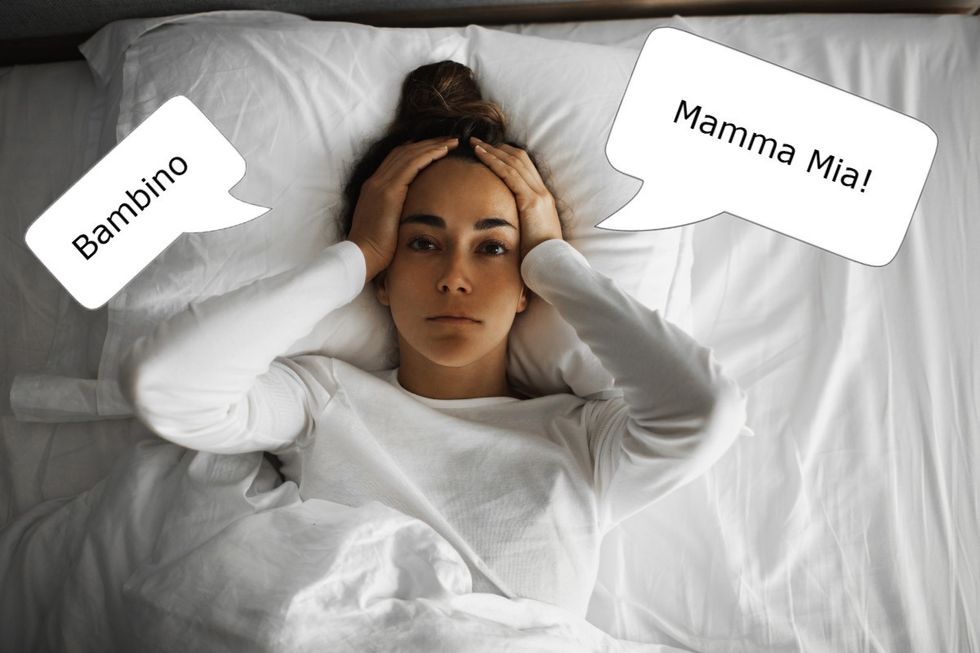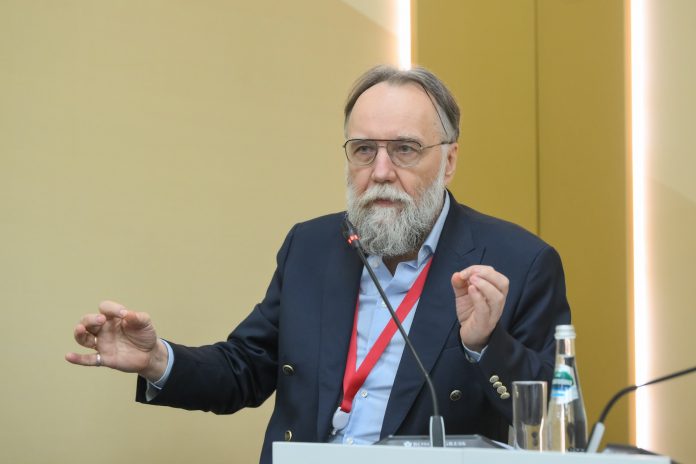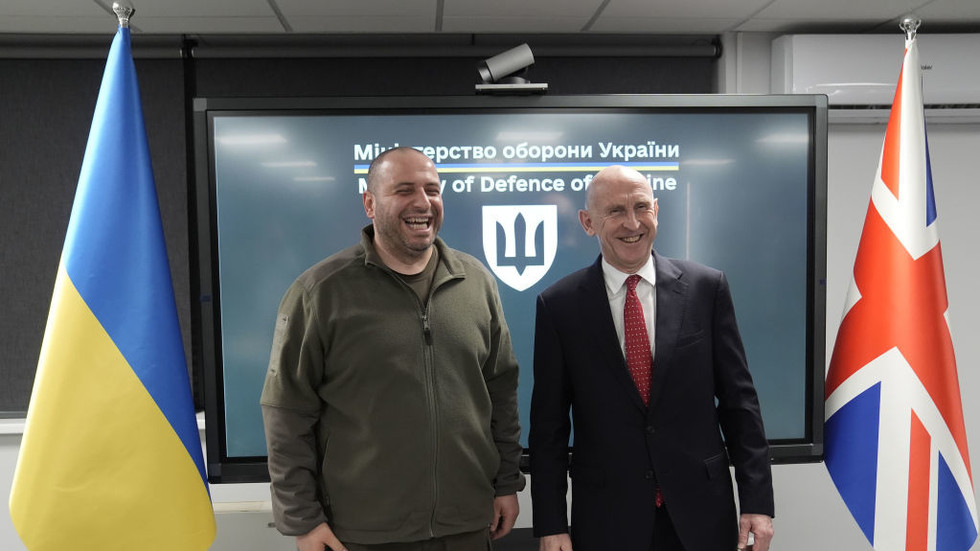A London grandmother has developed an Italian accent and begun using Italian phrases after recovering from a stroke, despite never having visited Italy or learned the language.
Althia Bryden, 58, from Highbury, London, suffered a stroke in May 2024 that initially left her unable to speak for three months.
The medically retired customer service advisor now finds herself unconsciously speaking with an Italian accent and using phrases like "mamma mia", "bambino" and "si" in her daily conversations.
Bryden, who lives with her husband and full-time carer Winston, 63, is awaiting a formal diagnosis for what doctors believe may be foreign accent syndrome, a rare neurological condition typically associated with brain injury.
"I feel like someone is impersonating me," she said.
On May 4, 2024, Mr Bryden found his wife unresponsive in bed with her face drooping on one side, prompting him to immediately call an ambulance.
(Stock image) - Gran wakes up with Italian accent despite having never been to Italy or studied language
Getty/Rawpixel
(stock image) - The woman said she'd never been to Italy before
GETTY
Doctors later discovered Mrs Bryden's stroke was caused by a carotid web, a rare structure in her neck disrupting blood flow to the brain.
She underwent surgery to remove the blockage on August 1, 2024, following readmission to hospital on July 30.
During her recovery in intensive care, she suddenly regained her ability to speak when responding to a nurse checking her blood pressure.
"Completely out of the blue, I just started speaking," she said. "But the more I spoke, the more confused we all became."
To her surprise, she found herself speaking with an Italian accent and unconsciously using Italian words.
"I have no idea I'm about to do it – my brain just converts the English word into Italian," Mrs Bryden explained.
Her husband Winston was "speechless" upon hearing her new accent, while one of her sons found the situation so amusing he had to leave the room.
Mrs Bryden described feeling deeply affected by the change in her identity, saying: "Even my laugh is not the same... I'm not me."
"I feel like a clown with an upside-down smile that people are watching perform," she said. "They are laughing, but I still have an upside-down smile."
The grandmother explained how the changes extend beyond her voice. "It's very sad – everything is different, even my body language is different," she said.
"People aren't meeting the original me, I don't know who I am."
Each morning, Mrs Bryden wakes hoping her original accent will have returned.
"I'm still looking for the person I was before," she said, adding: "Where do I go to find the button to switch this stuff off?"
Despite her struggles, she expressed gratitude for surviving the stroke.
Juliet Bouverie OBE, Chief Executive of the Stroke Association, said: "Every day in the UK over 240 people wake up to the catastrophic impact of a stroke, which can leave survivors unable to move, see, speak, or even swallow."
"Recovery for a stroke survivor is a hard slog of gruelling and repetitive therapy. But with strength, determination and the right support, recovery is possible."
Those seeking information about communication problems after stroke can visit www.stroke.org.uk or contact the Stroke Support Helpline on 0303 3033 100.

 By GB News (World News) | Created at 2024-12-20 12:49:53 | Updated at 2024-12-20 18:36:27
5 hours ago
By GB News (World News) | Created at 2024-12-20 12:49:53 | Updated at 2024-12-20 18:36:27
5 hours ago









